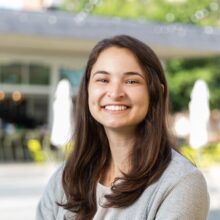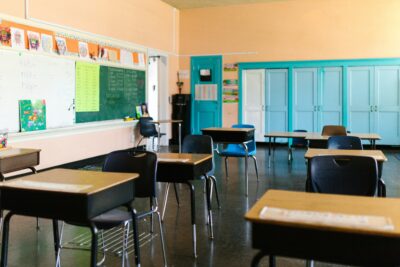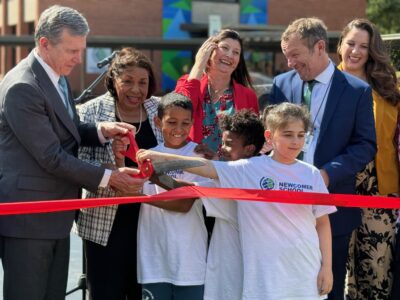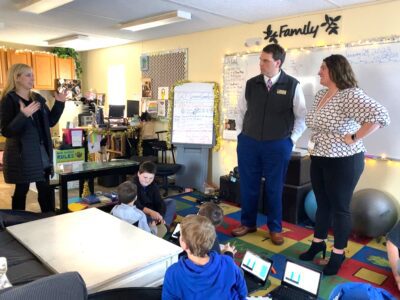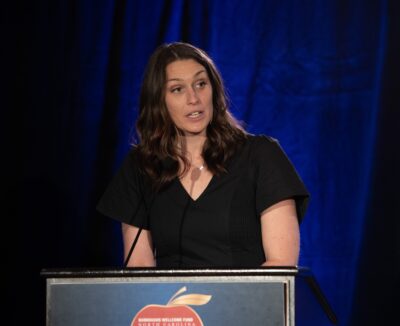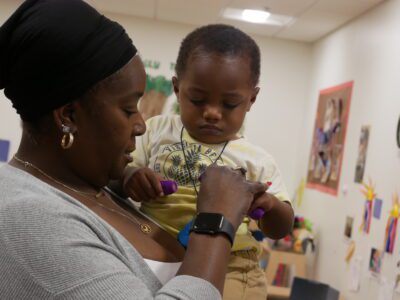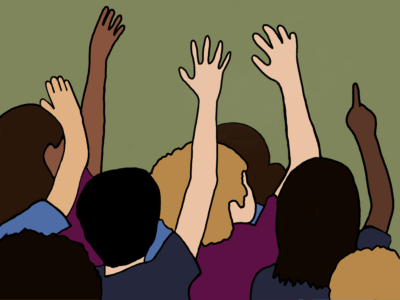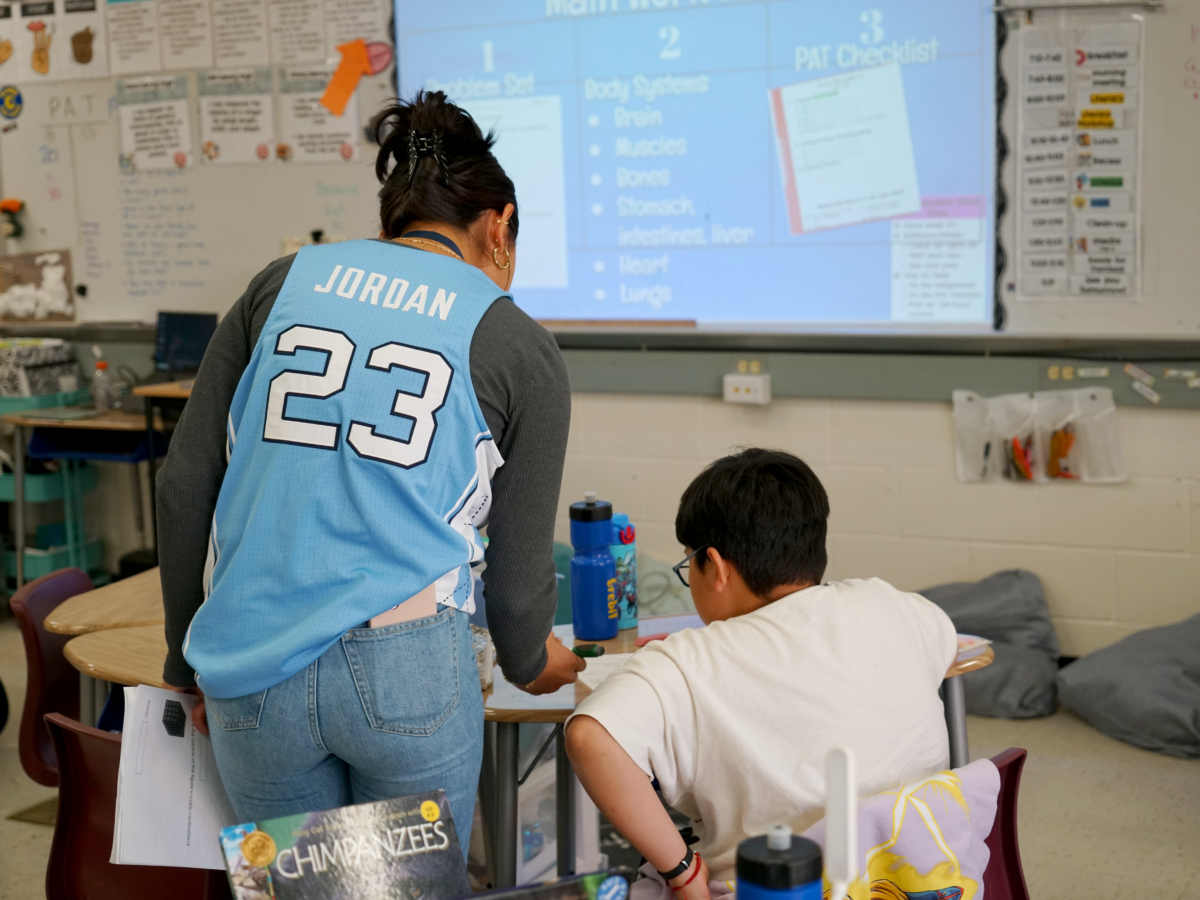

|
|
Kate Hanlon has worked for Durham Public Schools for 21 years. She’s been a teacher, administrator, and even worked in the central office. Hanlon is now a member of the school improvement team at Glenn Elementary in Northeast Durham. Over the past few years, Hanlon and her team have helped Glenn transform from a school that was at risk of being taken over by the state to a school grounded in a unique culture that has exceeded growth the past two years.
In 2019, Glenn was at risk of being taken over by the state. Principal Matthew Hunt joined the team in 2021 and saw the opportunity the school had to continue to transform. His philosophy that has bolstered Glenn’s growth focuses on two drivers: building strong teams and supporting teachers.
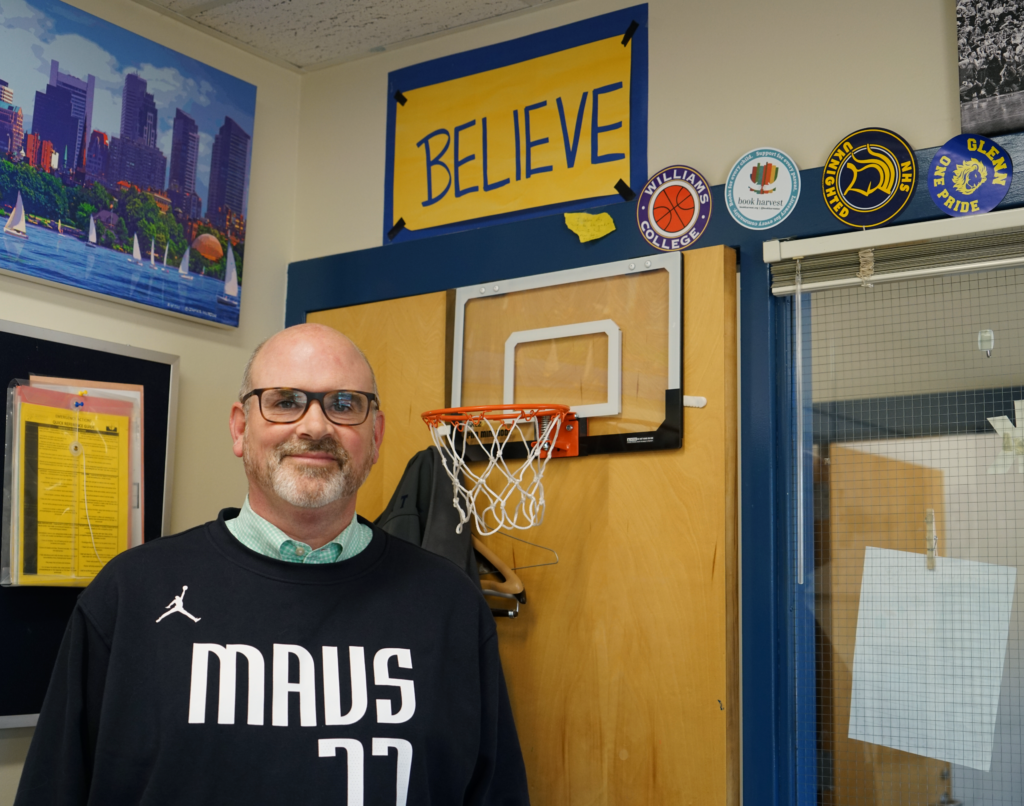

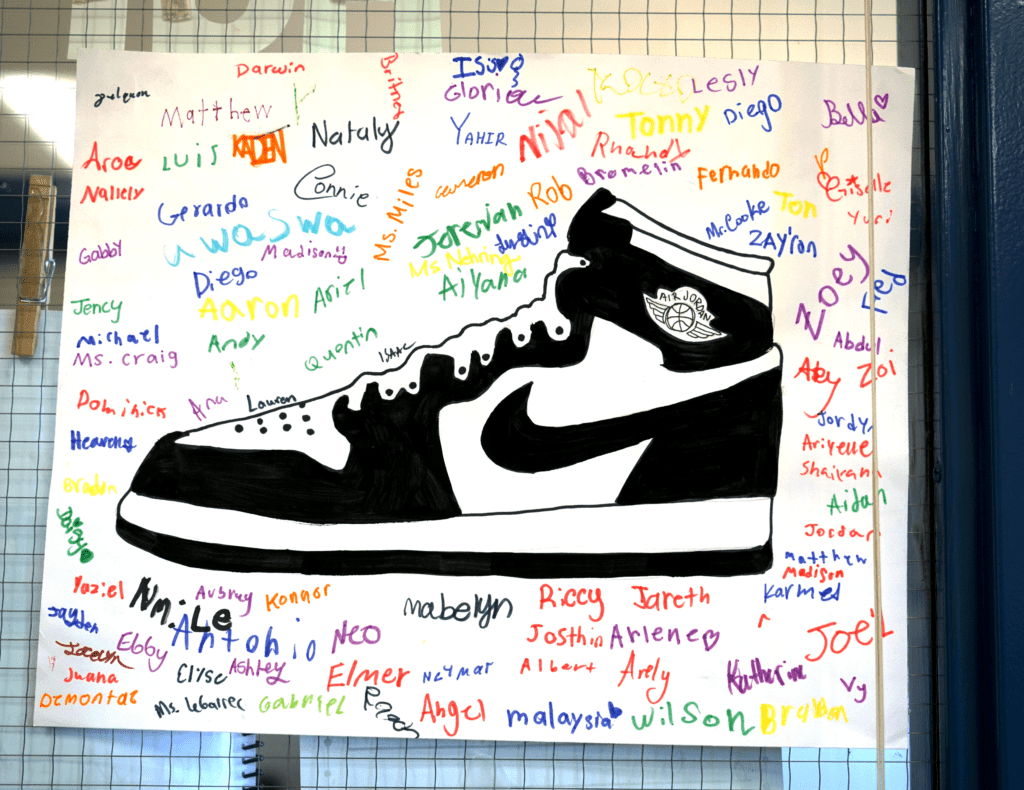

Defining culture
Since Hunt started in 2021, the school has experienced growth in several areas. Glenn is ranked number one in Durham in proficiency jumps from pre-Covid percentage rates. The school’s English Language Learners ranked second in academic achievement in Durham. Glenn’s counselor was voted DPS counselor of the year, and one of their teachers was a semifinalist for DPS teacher of the year. Most notably, according to Hunt, 100% of Glenn staff said it is a good place to work and learn compared to 52% in 2018.
“We made a lot of changes that year and there’s been a lot of turnover, but we were looking at changing the culture, recruiting and supporting teachers that wanted to be part of this mission and (don’t) believe that any student should be identified as an F, that the system is unjust, but it is the system, so let’s attack it. But also we wanted teachers that believed in the power of a collaborative team, believed in the power of getting better, believed that the students here deserve the best teachers, and believed that parents deserve the best communication,” said Hunt.
In order to keep good teachers, you have to believe in them. According to Hunt, you have to support them comprehensively and find reasons to say yes. Hunt’s experience as a teacher and then administrator shaped his views of how to effectively build a cohesive team and run a school.
“I think some of the strategies that our admin team has is never forgetting how hard it was to be a teacher. Don’t have amnesia, right? It is one of the hardest jobs I’ve ever had. My first year teaching was the hardest year I’ve ever had in my life. Don’t ever forget that,” said Hunt.
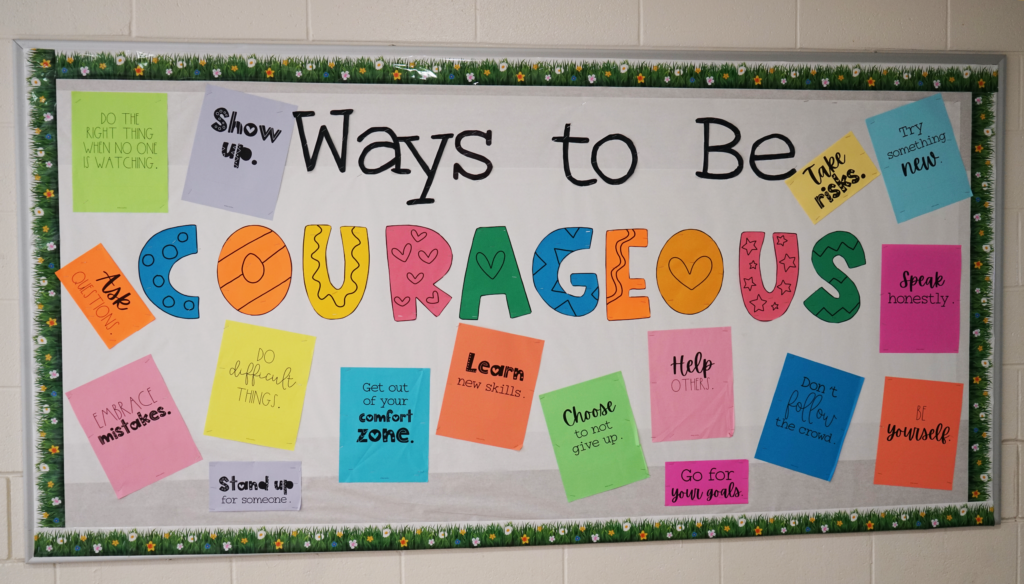

Creating belonging
Maria Fugon, a first grade teacher at Glenn, loves her school. A graduate of Durham Public Schools herself, loving school was not always the case. Fugon came to the United States during her middle school years, and she remembers feeling like school wasn’t for her or her community. Teaching at Glenn has shown her the power of representation and inclusivity, both for her students and herself.
“We do a big Hispanic Heritage Month celebration here at Glenn, so parents feel included, so they feel like they belong. I did not get that sense of belonging when I was in DPS. Well, you know, that was 1997. It was very different back then,” said Fugon.
Fugon feels supported by the administration at Glenn and the culture they have created. She knows from her own experiences that representation matters in the classroom and that it can create a sense of belonging for both teachers and students. More than just valuing Glenn’s culture personally, Fugon believes it’s played a critical role in its transformation as a school.
“Students can see themselves in the teachers that we have,” Fugon said. “Seeing yourself reflected in your teacher, I think that’s played a big role in the growth.”
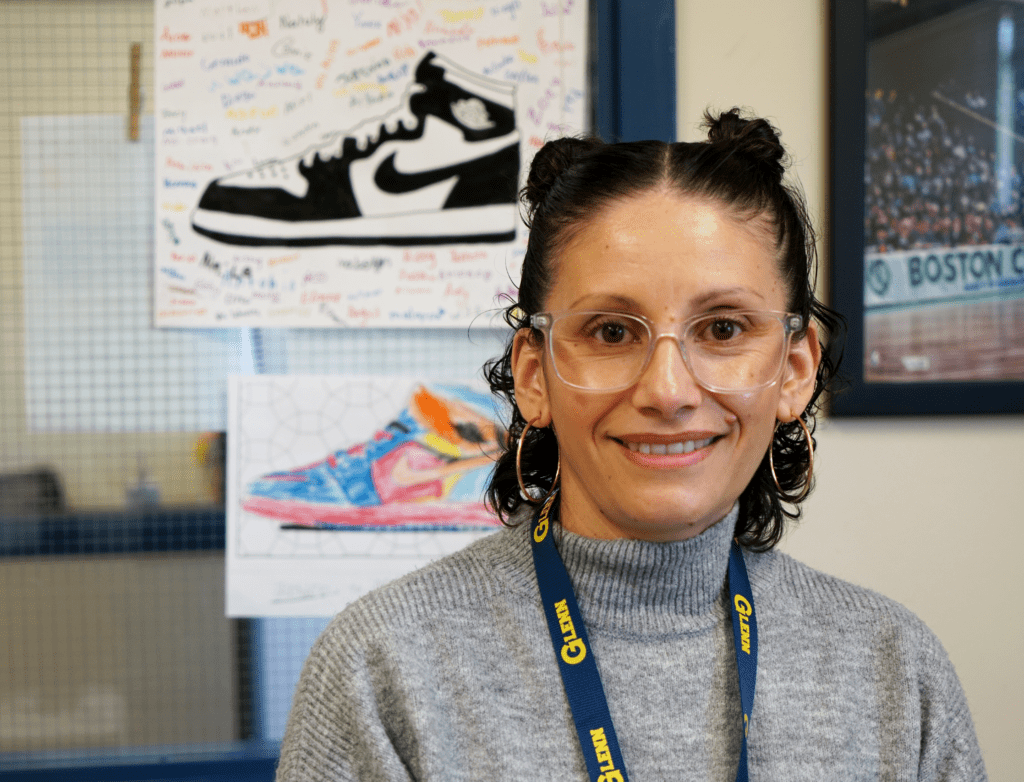

A new era
Glenn’s culture will be tested in the 2024-25 school year when 90% of Glenn’s kindergarten, first, and second grade students will be newcomers. This change is due to a plan by Durham Public Schools called Growing Together, which is a student assignment plan designed to ensure diversity and equitable access to academic programs for students in Durham Public Schools.
Starting next school year, there will be five regions for Durham Public School students. Each student will be assigned to one of the five regions in the county. For Glenn, this means that the vast majority of their current kindergarten, first, and second grade students will be heading to different schools, and the school will enroll new students.
“There’s a part of me that will obviously be really excited about the kids that we’re receiving, but for the kids who we’ve had for three years and really built a community with them, they’re part of our community. I’m really sad to see them go,” said Hanlon.
Currently, Glenn’s student population is majority Latinx, and almost half of the students are English as second language (ESL) learners.
“It’s hard, especially since I think the administrative team has worked really hard to try and build a school community that’s more reflective of our student population…I think when they started only 3% of the staff was bilingual. Now it’s almost up to 30%,” said Hanlon.
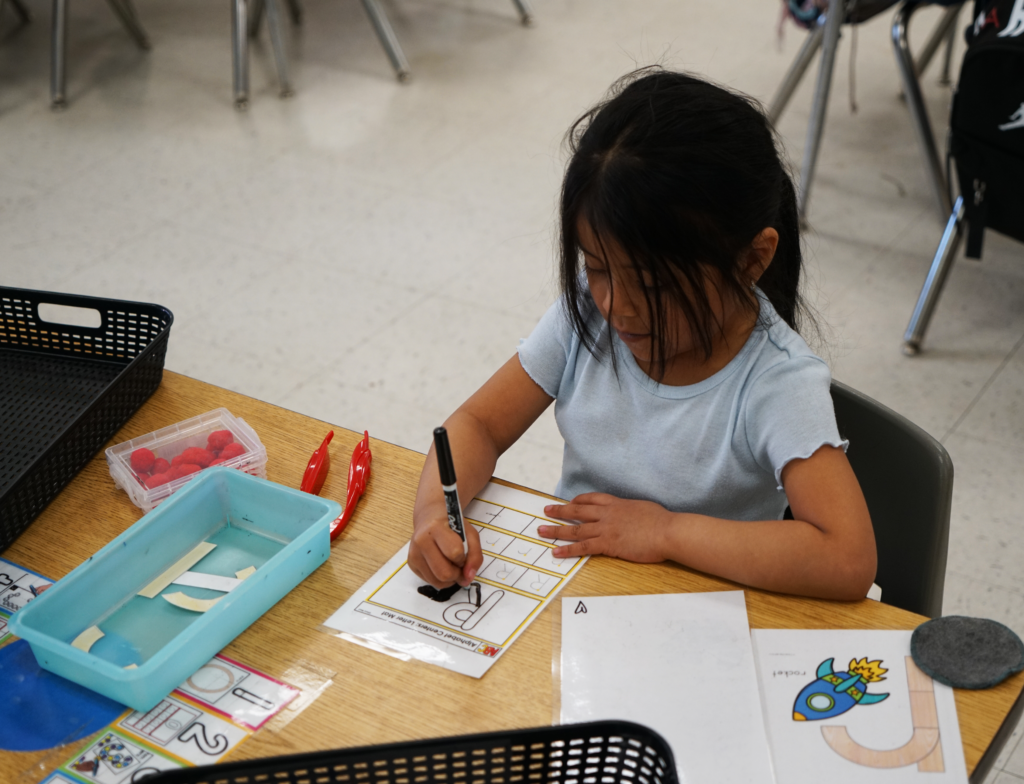

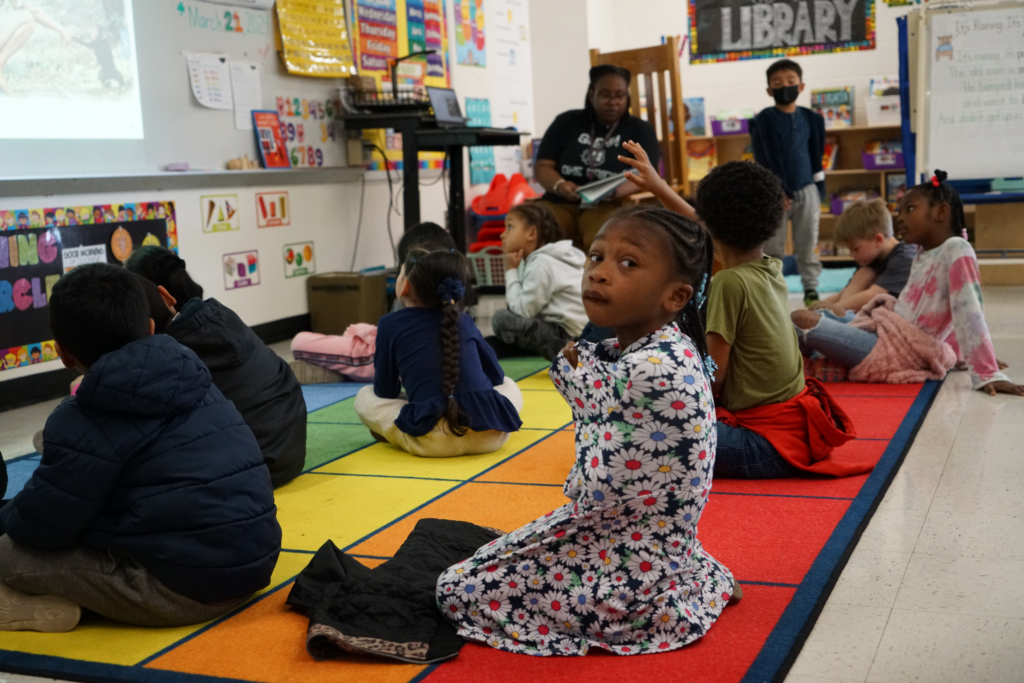

As Glenn prepares for its new students in the fall, the team is reflecting on their culture, making sure to define it, share it, and prepare for an unprecedented season of change.
“I’ve never been part of opening a new school…essentially to every kid in K-3 we’re gonna be like, ‘Hey, this is how we do it at Glenn, welcome.’ That’s a pretty unique opportunity,” said Hanlon.
While they can point to values, Glenn’s transformation seems to elude a prescriptive formula. It’s a story of dedicated people, love of place, and unified purpose.
“A lot of special things have happened here, and you can talk about the numbers, you can talk about being number one, and they’re all right…But it’s important because there are kids behind that and kids who learned who might not have learned in a different setting or with a different teacher, a different administrative team,” said Hanlon.
